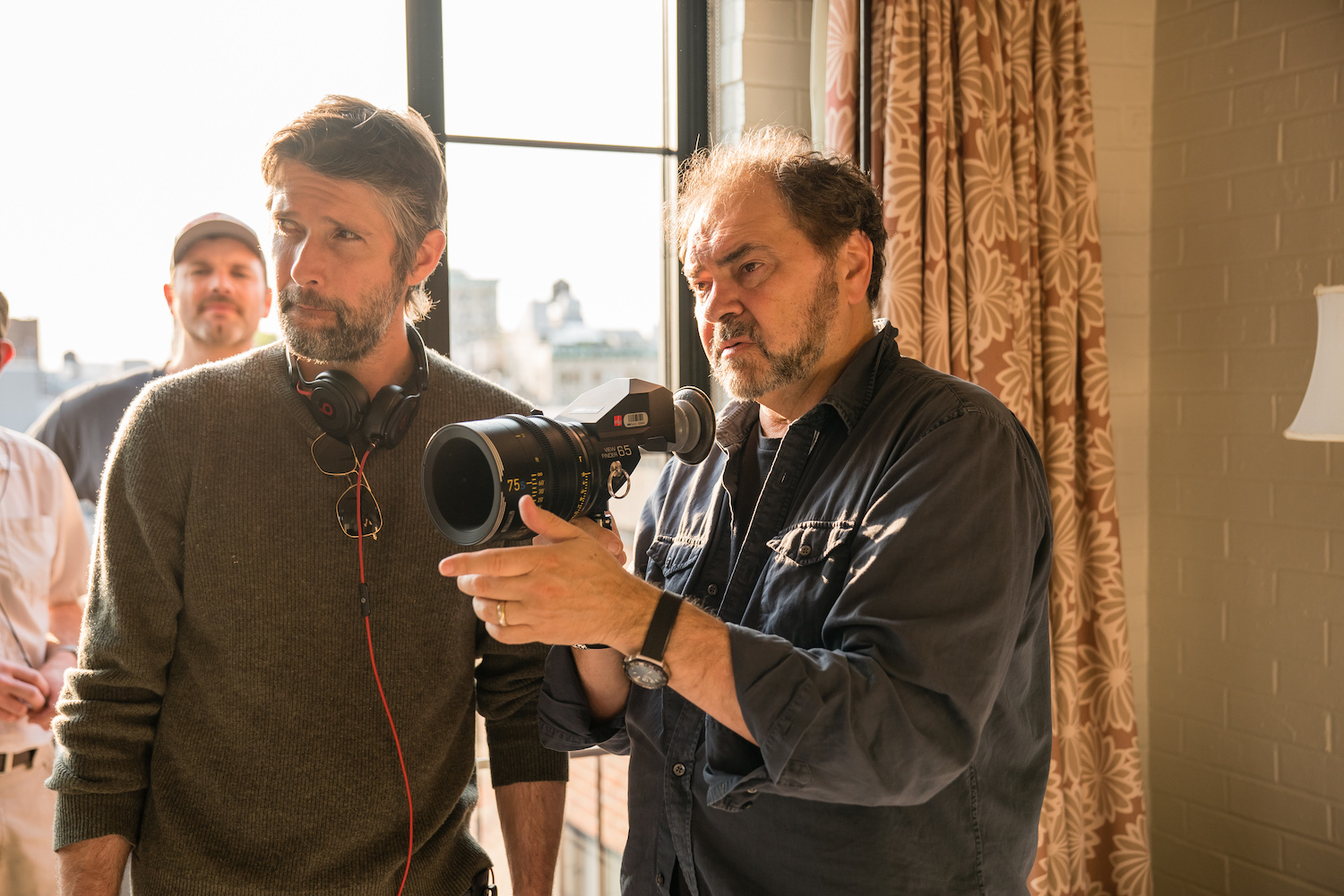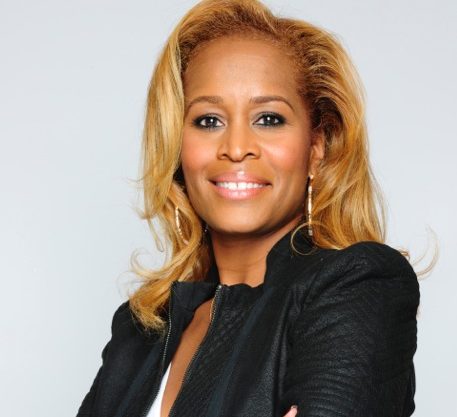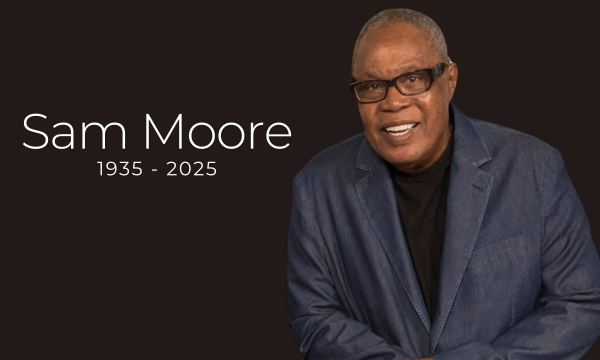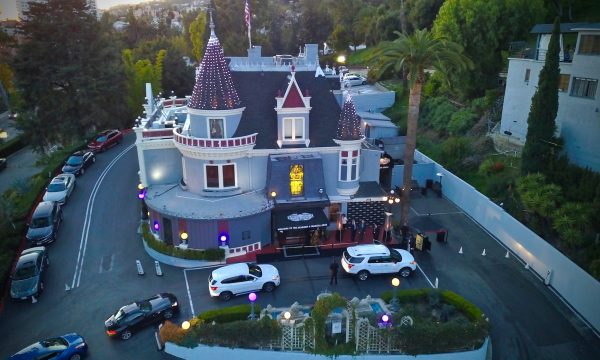
With their fourth feature collaboration, Oscar winner Julianne Moore and her talented writer-director husband Bart Freundlich combine creative forces for the powerful family drama, “After the Wedding,” a deep examination of a long-kept family secret that changes the lives of all involved, costarring Michelle Williams, Billy Crudup, and budding actress Abby Quinn.
A remake of Danish filmmaker Susanne Bier’s 2006 acclaimed family drama of the same name, “After the Wedding” is an emotionally charged narrative that centers on Isabel (Michelle Williams), the cofounder of a struggling Calcutta orphanage, who reluctantly returns home to New York to meet with a potential donor – the rich and influential CEO of Horizon Media, Teresa Young (Julianne Moore). Given her troubled past with New York, Isabel is eager to leave as soon as she arrives, but her hopes for a quick trip are sidelined when Teresa, consumed with her daughter’s wedding plans, asks her to stay the weekend and attend the festivities. As these seemingly polar opposites get to know each other over the course of the weekend, some life-altering family secrets are unearthed, revealing that perhaps the two women have more in common than meets the eye.
Brimming with hard-hitting human drama that is all but palpable in its realism, “After the Wedding” is a film about family made by a family, and poses some fascinating questions about morality, mortality, selfishness, and the lengths we go to keep our loved ones protected from life’s harsh truths.
To learn more about the origins of the project and how their family connection informed the storytelling, I had the great pleasure of speaking with Julianne Moore, her writer-director husband Bart Freundlich, and Abby Quinn, the exceptional actress who plays Moore’s daughter, about their fruitful collaboration…
One of the major differences between the remake and the Danish version is that Julianne’s role, Teresa, was a male character in the original. What was appealing about this role and why was the decision made to flip genders?
Julianne Moore: Bart had been approached to do an American adaptation of Susanne Bier’s beautiful Danish film, and right away I was so struck with Rolf Lassgard’s performance. He had such a big presence and he was also so opaque, and it just really struck me. And then when they came up with the idea of the gender flip, I was just like, I’m in! I was also really compelled with the idea of somebody who built this huge career for herself, and at the same time she has this really wonderful family in which she was very invested. Sometimes you see these boss ladies in movies and they are paper-thin, and they’re usually evil and they exist to be a foil to somebody else. But I know a lot of women who have built big lives, who have big careers and big families and care about all of it equally, and I wanted to see that represented and I wanted to play that.
Did you see parallels between your character’s life and your own?
Julianne Moore: One of the things that initially attracted me to it is that, unlike my character, I don’t have a big company like Horizon Media, but I’ve managed to have a career that I love and care about and I’m invested in, and a family that I love and care about and that is the whole center of my life. I hated that whole period when they told women that they can’t have it all. Yes, you can! It’s not easy. I don’t think there’s a person in the world that has a job and a family that thinks it’s easy, but it’s valuable. It’s worth it. It’s the most valuable thing in the world. Everybody needs to have love and work, like Freud said. To have something that you care about and to have someone that you love, you have to have those things. So I wanted to represent that.

Bart with cinematographer Julio Macat
How did this experience match up with your first film together, “The Myth of Fingerprints?”
Bart Freundlich: It was very similar actually – not only the experience, but the movies have some relationships. Sony Classics made and distributed that movie, and they’re distributing this movie; Billy Crudup (who plays Julianne’s husband) was someone who was supposed to be in the Myth of Fingerprints at one point; it’s all about family, and also about different perspectives, different experiences. So I actually used a lot of that stuff in this film. It felt very familiar to me. And we were pretty connected creatively from the beginning. I don’t think there was much of a difference in the way we worked together.
Julianne Moore: Probably not at all actually. I think we communicate very clearly. I’m always very clear about what I want to accomplish in a scene, and I’ve felt comfortable communicating that with him. One of the things that so impressed me with ‘Fingerprints’ as a first-time film director was how easily he adapted himself to all the different styles of the actors he was working with. There were a lot of different actors in there with a myriad of styles, and he was able to give each actor exactly what they needed. And there’s always a real generosity with him as a filmmaker, and gives everyone the space they need to do the work they’re doing, so that has remained consistent throughout his career.

In the film, Abby Quinn plays Moore and Billy Crudup’s 21 year-old daughter, Grace, an emotionally demanding role that the gifted actress pulls off effortlessly, especially for someone with just 11 credits to their name. I wanted to know what was her process in reaching the dark places that the role required.
Abby Quinn: I knew maybe for a month beforehand how much crying I would actually be doing. So I knew right away and I was pretty freaked out – I hadn’t done a movie that requires this much emotion. But I prepared with an acting coach and I had a couple of weeks. And I met Julianne and Bart at their house the first time and we read through all the scenes, and they really put me at ease. Julie told me to use it as a guideline when it says to cry, because the emotion might not come there and you can’t force it, because no good work is going to come from that. And I think just hearing that released all of the anxiety I had coming into it.
Julianne Moore: We saw Abby’s audition and we were both so blown away by the depth of her talent, and how perfect she was for the part. And we also really needed to have someone who was exactly in Abby’s place, which is a young adult but still not a full adult. This character is in a very delicate place where it’s like, she’s legal and she can get married, but maybe she’s too young to get married, so Abby was able to embody that really perfectly and that’s a really tough line to walk.

Abby, in addition to being an actress, you are also a very talented musician. Do you have a similar approach to music and acting?
Abby Quinn: So far they’ve felt pretty separate to me, but I think they all come from a genuine place. The best songs I write are always the most genuine, or something that just happened to me, and whatever I write lyrically just kind of flows. And I think it’s the same for acting – forcing it never feels right. And there’s a feeling in my stomach when I know that I’m clicked in or not, when it comes to both acting and music. But I think this was the first time the two kind of came together for me, because I wrote a song for the movie that plays over the final credits. It had been a couple months since filming, so I was able to reflect, and I wrote a song from Isabel’s perspective which I hadn’t really thought about during filming, so that was interesting for me to do.
Julianne, you’ve starred in blockbusters, you’ve won pretty much every top acting honor there is to win, and yet film after film you continue to pour everything into your performances. What motivates you to continue to work at such a high level given all of your past accomplishments?
Julianne Moore: I’ve talked with some of my peers about that. It’s like, Why am I doing this? But I think it’s interest. I’ve always been compelled by these stories and by human behavior. I think when it stops being interesting to me I’ll stop doing it, but I really like it. I feel like I’ve changed so much from when I started wanting to be an actor and not even really understanding why I was drawn to it, and now my interest just gets deeper. It’s just an exploration into something, you know? And it’s also kind of back to the Freud thing where it’s like, What’s your work? What’s that thing that kind of makes you light up? And when you find that, I think you want to keep digging into it and keep doing it because it makes you feel alive.
“After the Wedding” opens in limited theaters August 9th, 2019.
By Lucas Mirabella
Running Time: 110 minutes
Rated PG-13 for thematic material and some strong language.














